Top Electric Car Companies
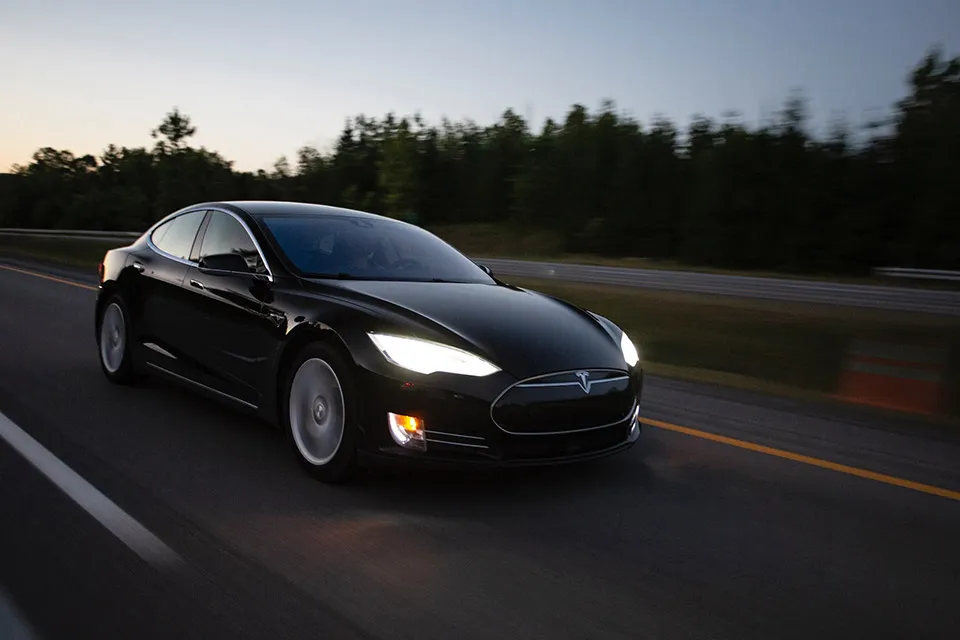
With major car companies getting into the EV market, existing all-electric brands, and everything in between, the future is looking bright for electric vehicles. Car buyers looking to get their first EV may want to explore their options and see which manufacturer offers the best deals, features, and options. Here are a few electric car companies that make electric vehicles and what you can expect from their model lineup.
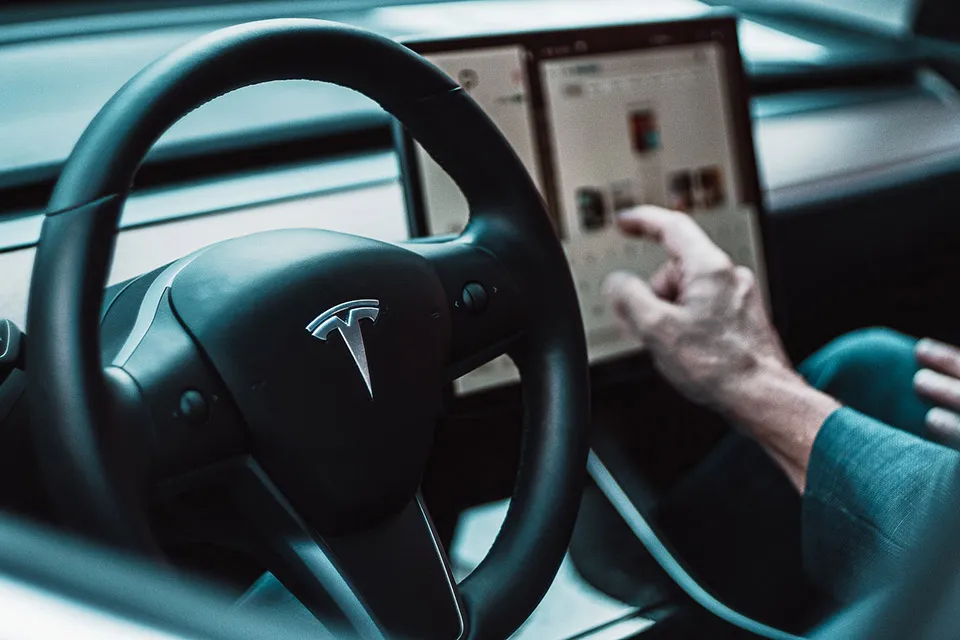
Tesla
One of the most recognizable EV companies in the electric car industry, Tesla is known for its innovation and famous (or infamous) leader, Elon Musk. Four of Tesla's most recognizable models include the Model S, Model Y, Model 3, and the Cyber Truck, which all have a different set of features, ranges, and prices.
- Model S: Tesla's all-electric luxury sedan, the Model S, is a compact and sporty electric car brand designed to go up to 405 miles on a single charge. It's also quite a bit more expensive than the other models, with price hikes raising the original costs up to nearly $105,000.
- Model Y: A fully electric mid-size SUV, the Model Y has quite a bit more cargo space than the Model S. Created with families in mind, the Model Y can handle adverse weather conditions like snow or muddy backroads. Getting a new model Y can set you back anywhere from $65,990 to $89,990, depending on what features you choose to have.
- Model 3: Built as a more affordable option, the Model 3 still offers a significant driving range; on a single charge, the 2023 Tesla Model 3 can travel between 272 and 315 miles. While the Model 3 is Tesla's cheapest option, it still carries a pretty significant price tag. A new Model 3 will cost you around $46,990, and that's for the most basic package.
- Cybertruck: One of Tesla's most anticipated electric car brands, three models of the Cybertruck announced in 2019. The range is estimated to be between 250 and 500 miles with an engine capable of reaching 62 mph in 2.9 to 6.5 seconds (depending on the model.) The Cybertruck will cost $39,900 for the base model, with an all-wheel drive version being $49,900.
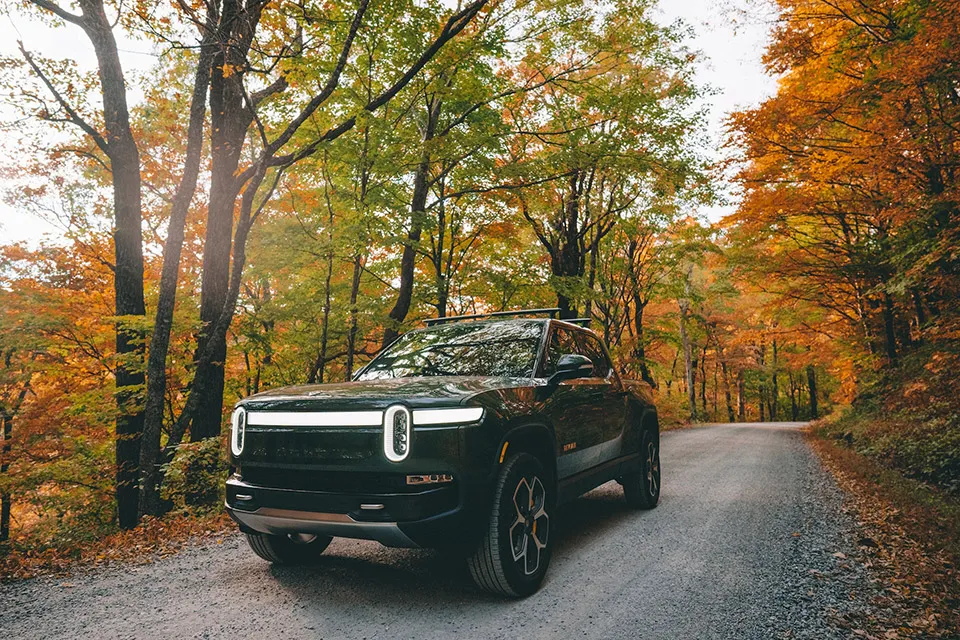
Rivian
Rivian is a US-based electric car company known for their electric SUV, pickup truck, and their recent deals to create an electric delivery van for Amazon. They use a unique design known as a "skateboard" platform, which consists of a base structure (resembling a skateboard) that houses all the necessary components for a vehicle to function. Here's a bit of information about a few of the different cars Rivian offers.
- R1T: Rivian's electric pickup, the R1T, features two front motors capable of producing 415 horsepower and two rear motors capable of producing 420 horsepower. The vehicle comes in three battery sizes as well: 105 kWh (with a range of 230 miles), 135 kWh (with a range of 314 miles), and 180 kWh (with a range of 400 miles). The 2022 model ranges in price depending on what features you get, but you can expect to pay between $67,500 and $85,000.
- R1S: Rivian's SUV, the R1S, is designed to share many of the same components (up to 91%) with the R1T. The skateboard chassis includes braking, suspension, and cooling systems all consolidated around a central battery. Because both electric vehicle brands have the same battery options, the R1S has nearly the same range as the R1T. For the base Explore model, the 2022 R1S costs around $72,500; the Adventure model, which has better equipment options, starts at $78,000.
- Amazon Electric Delivery Van: In an agreement penned in February 2019, Rivian was tasked with designing a commercial van for Amazon. Rivian says the van will come in three sizes, with carrying capacities of 14 m3 (500 cu ft), 20 m3 (700 cu ft), and 25 m3 (900 cu ft) respectively. Like the R1T and R1S, the Amazon vans will be built on the same platform and share electrical/network architecture as well as battery design. In 2021 a prototype was tested in Los Angeles and San Francisco, achieving a range of 150 miles per charge.
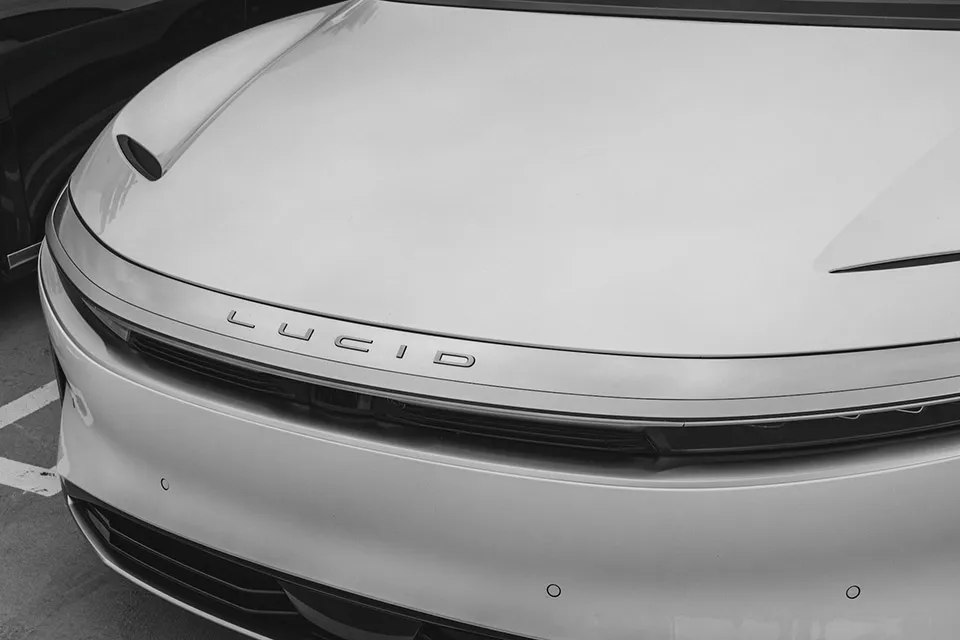
Lucid
Created in 2007 and headquartered in Newark, California, Lucid Motors is an electric car company headed by former Tesla VP Peter Rawlinson. Starting with battery technology, Lucid started development on its first car in 2014, the Lucid Air. A prototype of the Lucid Air was revealed in 2016, with production beginning in the spring of 2021. Several models of Lucid Air were released, including the Lucid Air Touring ($109,050), Grand Touring ($155,650), and Sapphire ($250,000). These high-end vehicles are capable of producing over 1,000 horsepower and traveling up to 520 miles on a single charge.
The Lucid Air brand of electric cars also has a variety of features, including EyeQ4 chips and cameras intended initially as a driver assist system. Lucid has said that these systems will also help them install autonomous driving technology once they have worked out the kinks in their software. Like Rivian, Lucid also has a partnership with Amazon; they are currently collaborating to build the Alexa voice assistant directly into their vehicles so drivers can perform a number of hands-free activities.

Ford
While you may not have recognized other names on the list, you've undoubtedly heard of Ford Motor Company. Established in 1903, it's one of the oldest automotive manufacturers in the United States, with a long history of creating internal combustion engine vehicles. So why is it on a list of top EV companies?
Like many other major brands, Ford realized how lucrative the EV market is becoming. They've been developing EVs since 2004, starting with the Escape Hybrid. The Escape Hybrid was the first hybrid electric SUV to enter the market, claiming a modest 30 mpg fuel efficiency rating. Today, Ford continues to make electric vehicles, with some of their current models including the Ford F-150 Lightning ($39,974), the Ford E-Transit-350 Cargo ($61,165), and the Ford Mustang Mach-E ($46,895).
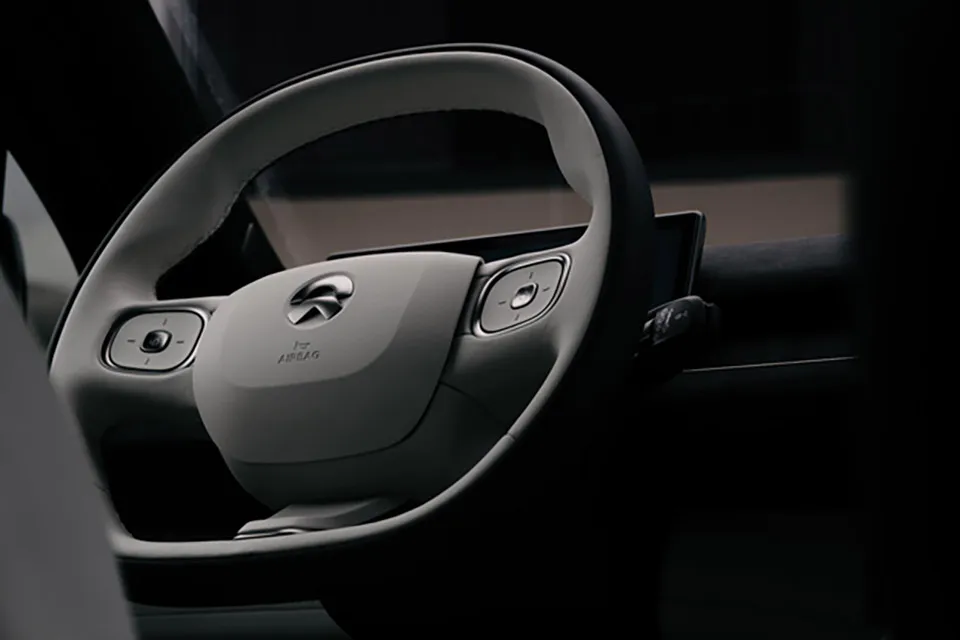
NIO
Created in 2014 and headquartered in Shanghai, NIO is a Chinese electric car company specializing in battery swapping stations. They are one of the few Chinese EV companies given permits by the California DMV to test self-driving vehicles under the Autonomous Vehicle Tester Program. They have a few models in production, including:
- EP9: Featuring a water-cooled electric motor capable of producing 1341 horsepower, the EP9 can travel 265 miles on a single charge. Six EP9s have been sold for £2,500,000, or $2,961,588.
- ES6: With five seats and an engine capable of reaching 100 km/h in 4.7 seconds, the ES6 can travel 379 miles on a single charge. The standard version of the ES6 costs 358,000 yuan or $52,000, while the performance version costs 398,000 yuan or $58,000.
- ET5: Starting production in 2021, with the first vehicles delivered in September of 2022, the ET5 can travel up to 621 miles on a single charge. The most affordable NIO model currently on the market, the ET5 costs $46,100.
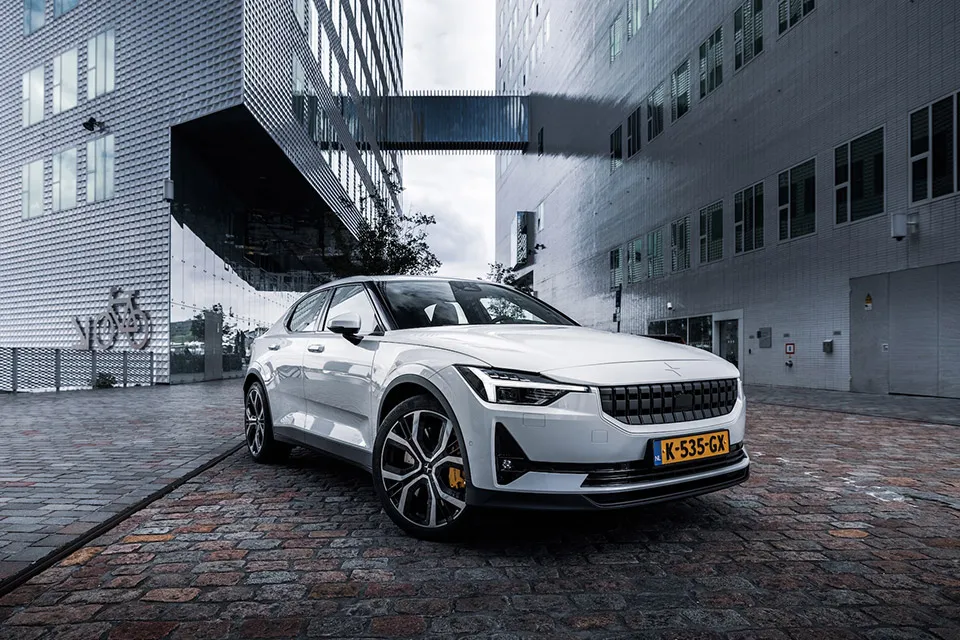
Polestar
Founded in 1996 in Sweden, Polestar was initially created by Flash/Polestar racing (a former partner of Volvo.) Many of Polestar's vehicles are designed for racing, though they have produced two production car models: the Polestar 1 and 2. They have four more models planned for release between 2022 and 2026.
Polestars current models:
- Polestar 1: The Polestar 1 featured an all-wheel drive 8-speed hybrid drive-train and a range of 470 miles total (or 52 miles on the electric battery alone.) While currently discontinued, the Polestar 1 started at $156,500.
- Polestar 2: Polestar's current production car features two engines, an EFAD and ERAD; combined, they are capable of achieving 408 horsepower. The Polestar 2 is able to travel 249 miles on a single charge. The 2023 model has a base cost of $48,400 and $51,900 for the dual motor version.
XPeng
XPeng, a Chinese electric car company, was founded in China in 2014. Though its headquarters sit in Guangdong, they also have an office in Mountain View, California. They have four vehicles currently in production, including the following:
- P7 Sedan: The basic version of the lithium-ion battery in the P7 sedan is capable of powering the car for 349 miles on a single charge. Depending on the driving range you choose (which can go up to 439 miles), the P7 costs between 239,900 yuan ($33,929) and 387,900 ($54,860).
- P5 Sedan: Capable of traveling 373 miles on a single charge, the P5 is the first mass-produced car to feature lidar sensors for driver-assistance systems. The car ranges in price from 160,000 yuan ($24,694) to 230,000 yuan ($32,547.)
- G3 SUV: A battery-powered crossover SUV, XPeng updated the G3 in 2021 with a revamped version called the G3i. It is capable of reaching between 249 and 320 miles on a single charge and costs between $23,122 and $26,683.
- G9 SUV: XPeng's luxury SUV, the G9, is capable of producing 310 horsepower. Its battery can power the car for 436 miles on a single charge, and the vehicle costs between $44,037 and $66,774.
Li Auto
Created by Li Xiang in 2015, Li Auto is a Chinese EV company known for its use of range extenders as a power supply. They specialize in manufacturing high-end EREV SUVs with four models currently announced, including the soon-to-be-released 2023 Li L7. Their available models include the following:
- Li One: With production beginning in November of 2019 and first delivered in 2020, the Li-One is capable of producing 320 horsepower. It is the second-longest-range PHEV in the world with a travel capability of 112 miles. The Li One's price has increased due to material costs, from 338,000 yuan ($53,025) to 349,800 yuan ($54,876.)
- Li L9: Li Auto's luxury full-size crossover SUV, the Li L9, features two permanent magnet synchronous motors capable of producing 440 horsepower. The Li L9 also has an NEDC range of 817 miles and can travel 134 miles using its electric capabilities alone. The standard vehicle version costs $68,600, with higher prices for added features.
- Li L8: Featuring a dual-motor all-wheel drive system, the Li L8 has a CLTC range of 130 miles and a WLTC range of 109 miles. The vehicle comes in two variants, Pro (which costs $50,500) and Max (which costs $56,100.)
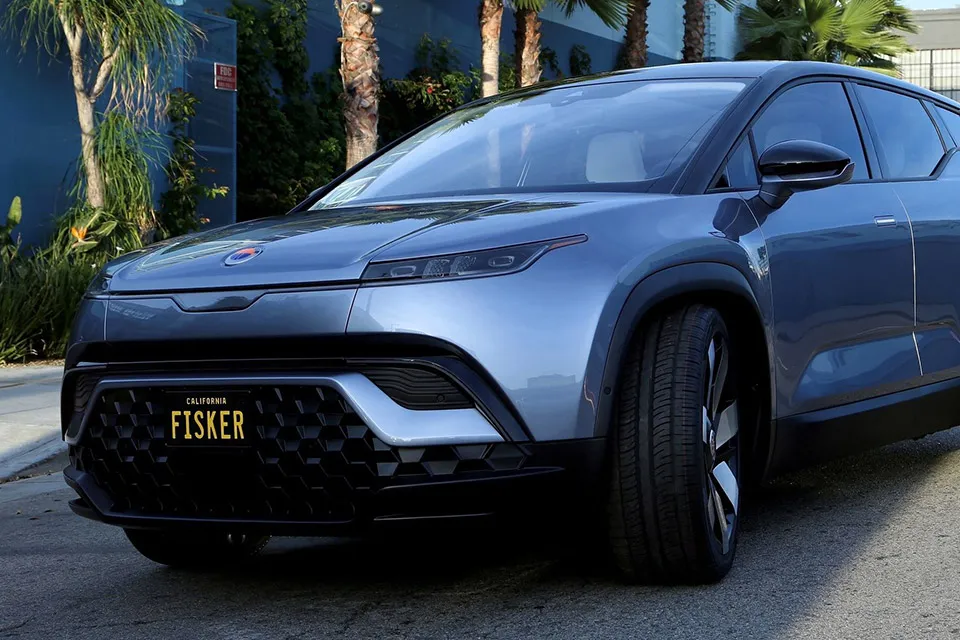
Fisker
Founded in 2007 in California, Fisker is an American automotive manufacturer known for creating the world's first production luxury plug-in hybrid electric vehicle. The vehicle, called the Fisker Karma, featured a 20.1 kWh lithium-ion rechargeable battery and a motor capable of achieving 400 horsepower. An updated version, called the Karma Revero, was launched in 2016. The vehicle has a range of 240 miles; it can also travel 33 miles on the power of just its electric battery. While the original company folded in the mid-2010s, it was bought by the Wanxiang group and rebranded as Karma Automotive. The 2022 Karma model, known as the GS-6, costs $95,700 new; this is slightly less than the original base Karma model, which started at $102,000.
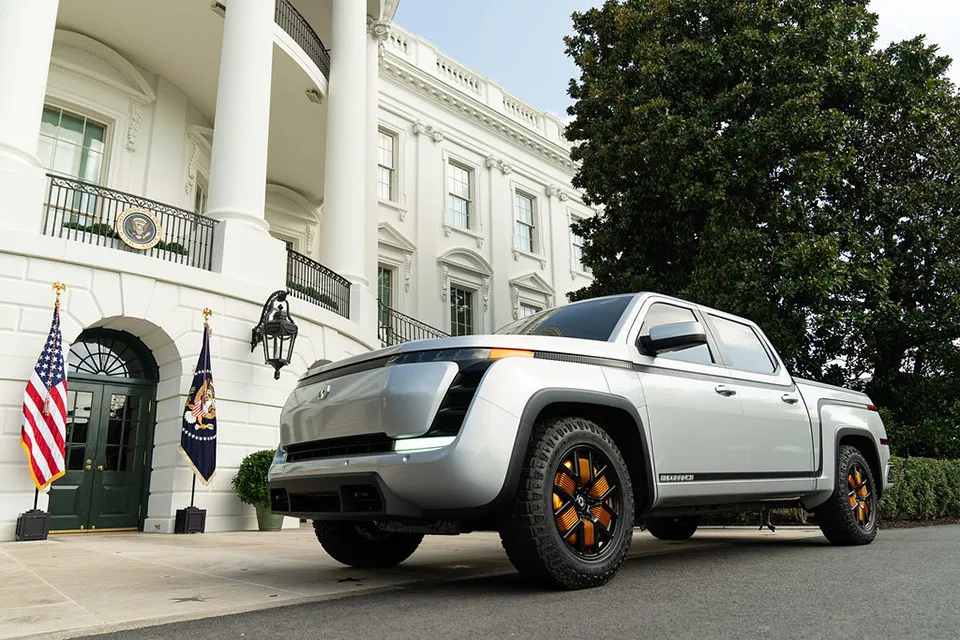
Lordstown Motors
Founded in 2018 by former Workhorse CEO Steve Burns, Lordstown Motors bought the former GM Lordstown plant in Youngstown, Ohio, in 2019. Lordstown also purchased the licensing rights to the Workhorse W-15 pickup truck, and in 2021 they announced the opening of a vehicle service center in California for future customer support. Their first vehicle brand, the Lordstown Endurance, is currently in development. The electric pickup truck is slated to have an all-wheel drive system with no wheel axles or transmission to reduce its total moving parts. Though still not released, the car is estimated to have 440 horsepower, a range of 200 miles, and a starting price of $65,060.
Where Can I Get More Information about EV Car Brands?
The best way to get more information about specific electric vehicles is through a VIN decoder or a vehicle history report. These tools can show you important details about any available vehicle, including the vehicle's plant of manufacture, accident history, number of previous owners, and automotive specifications. Getting a vehicle history report is a great way to save money on an EV and ensure you don't fall prey to typical car-buying scams, while a VIN decoder can help you locate where your vehicle was manufactured. For EVs, that can be essential for getting tax credits; many new EV tax credits require final manufacture to happen in the United States.
FREE Vehicle Search
- Accidents
- Problem Checks
- Title Records
- Recalls
- Values
- Specs
-
InfoPay, Inc. (dba GoodCar) is an Approved NMVTIS Data Provider
-
-























